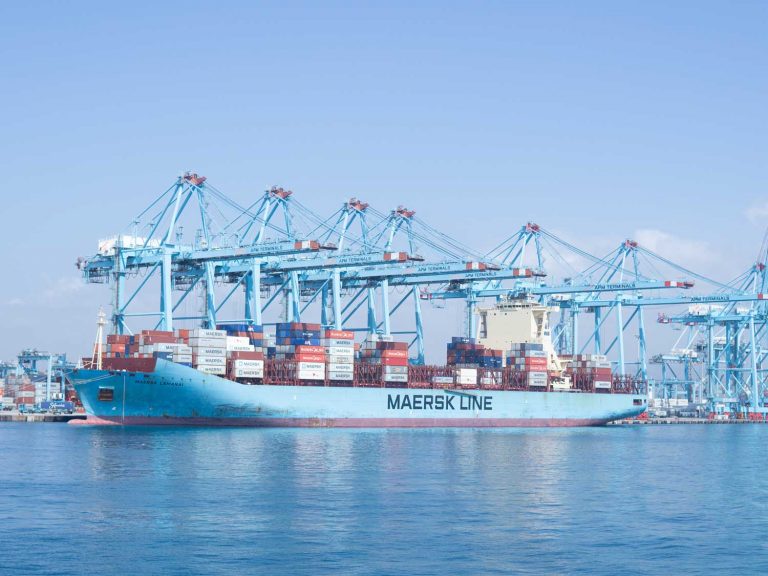
Date:
Gemini Cooperation Reliability Opens Door to Premium Rate Debate
When Maersk and Hapag-Lloyd launched the Gemini Cooperation in early 2025, the promise was clear: improved reliability at no extra cost. Executives stressed the new hub-and-spoke model would deliver “a fundamentally different service,” with fewer port calls on mainline loops, expanded terminals, and predictable schedules that would not require shippers to pay a premium.
Just months into full deployment, that picture is already shifting. In its first half-year, Gemini has achieved schedule reliability consistently above 90% on key trades. According to data from eeSea, the alliance led its peers on reliability through July, although the overall on-time performance across the network averaged slightly lower at 84%.
Maersk CEO Vincent Clerc told analysts during the company’s second-quarter results call that early market scepticism had now evaporated: “Any skeptics there might have been in the market about our ability to deliver the 90% schedule reliability are gone. But now we need to sustain this for a while, and then we need to move towards a more commercial discussion.”
Clerc stopped short of saying that premium pricing is imminent, but he acknowledged the foundation is being laid. “I don’t think customers have experienced this long enough that they’re ready to entertain such a discussion, but it is something that is going to come,” he added.
The results are already visible in Maersk’s volumes. Second-quarter throughput rose 4.2% year on year to 3.2 million FEUs, a 10% improvement on the first quarter, despite average freight rates declining nearly 10% sequentially. Ocean revenue rose 2.4% to $8.6 billion, while terminals posted 20% growth, supported by higher throughput and tariffs. Stronger-than-expected performance across all business segments prompted Maersk to raise its full-year profit forecast, with EBITDA now expected between $8 billion and $9.5 billion.
The Gemini model does not expand fleet size but increases weekly capacity by streamlining calls and loading more cargo per vessel. This lowers unit costs and, critically, improves predictability. “That way we lower the unit cost by being able to load more volumes on the same size of fleet,” Clerc explained.
The contrast with Gemini’s launch messaging in January is notable. At the time, Maersk’s Chief Product Officer, Johan Sigsgaard, emphasised that shippers would “pay no premium”. Today, with reliability proven, the commercial landscape is changing. For now, customers benefit from higher reliability at market rates. But if Gemini continues to deliver, the industry may soon face a new debate: whether certainty on delivery times is worth paying extra for.
Gemini Cooperation’s improved schedule reliability may encourage some shippers to pay a premiums for guaranteed performance. But you don’t need to be tied to one network or pricing model.
Metro negotiates rates and volume agreements with Maersk and across all three major alliances, giving our customers the broadest choice of service options, port pairings, and competitive rates. We build tailored ocean freight strategies around your priorities, whether that’s reliability, cost efficiency, flexibility, or a blend of all three.
EMAIL Andy Smith, Managing Director, to review your requirements and secure the best solution for your supply chain.
